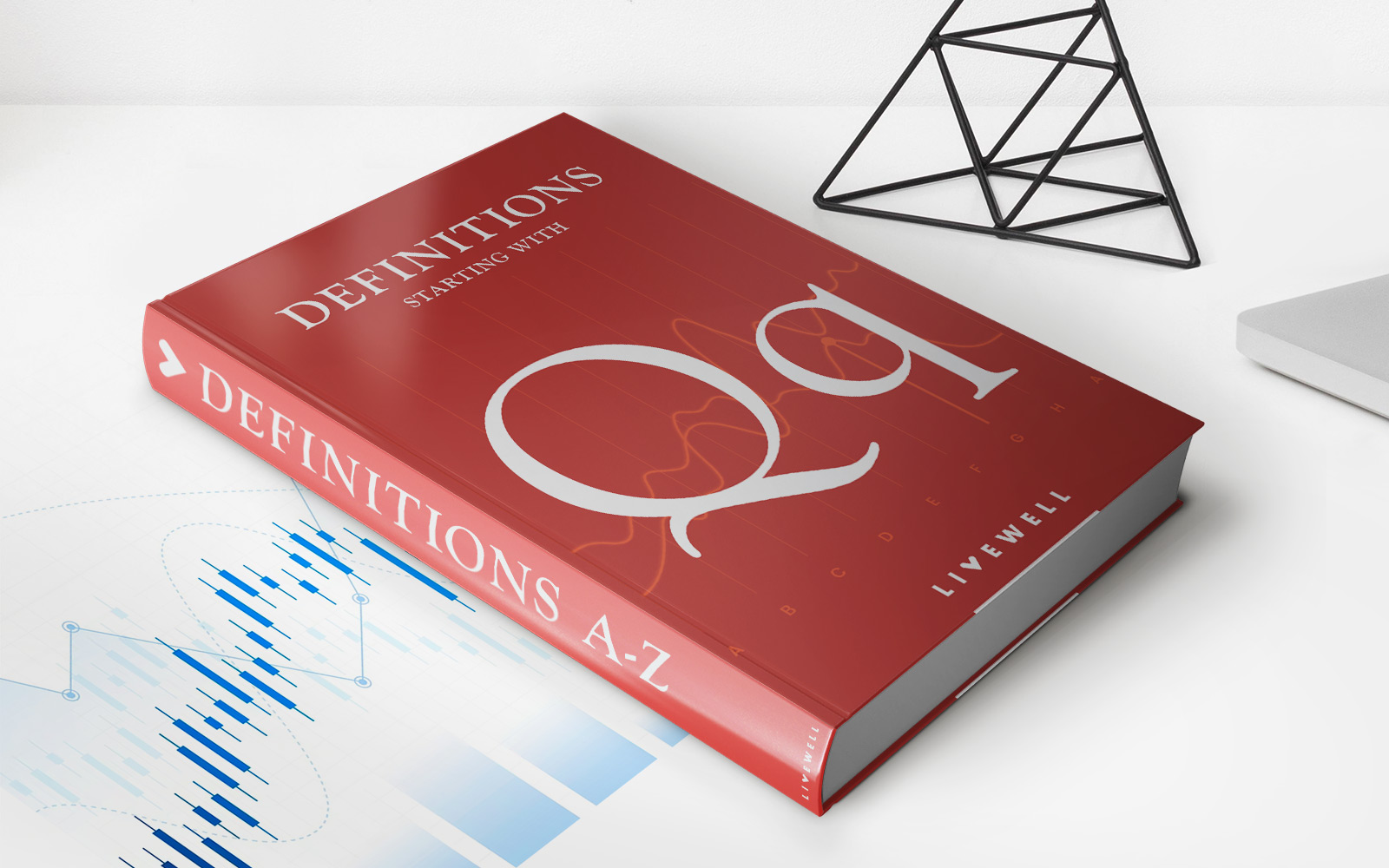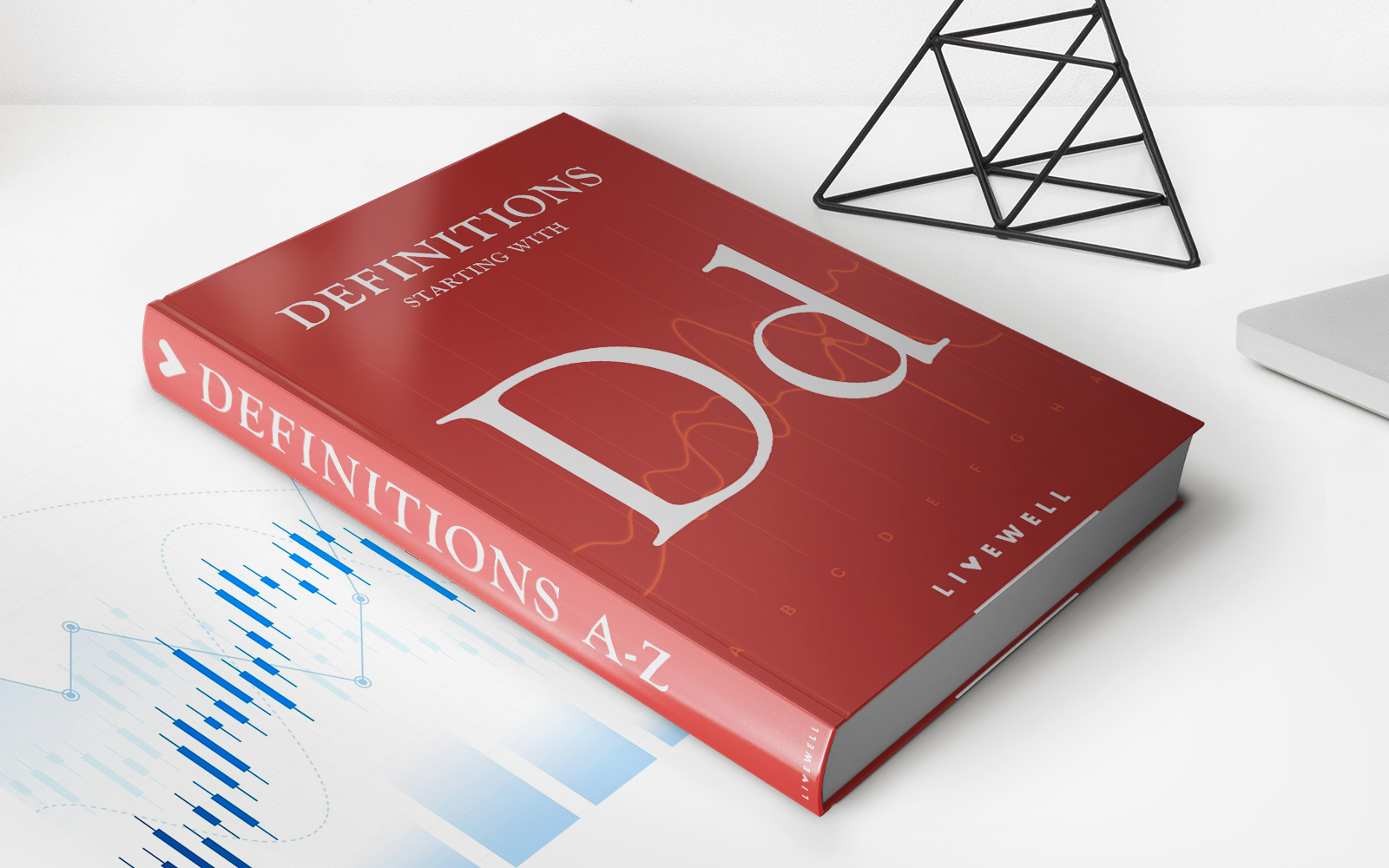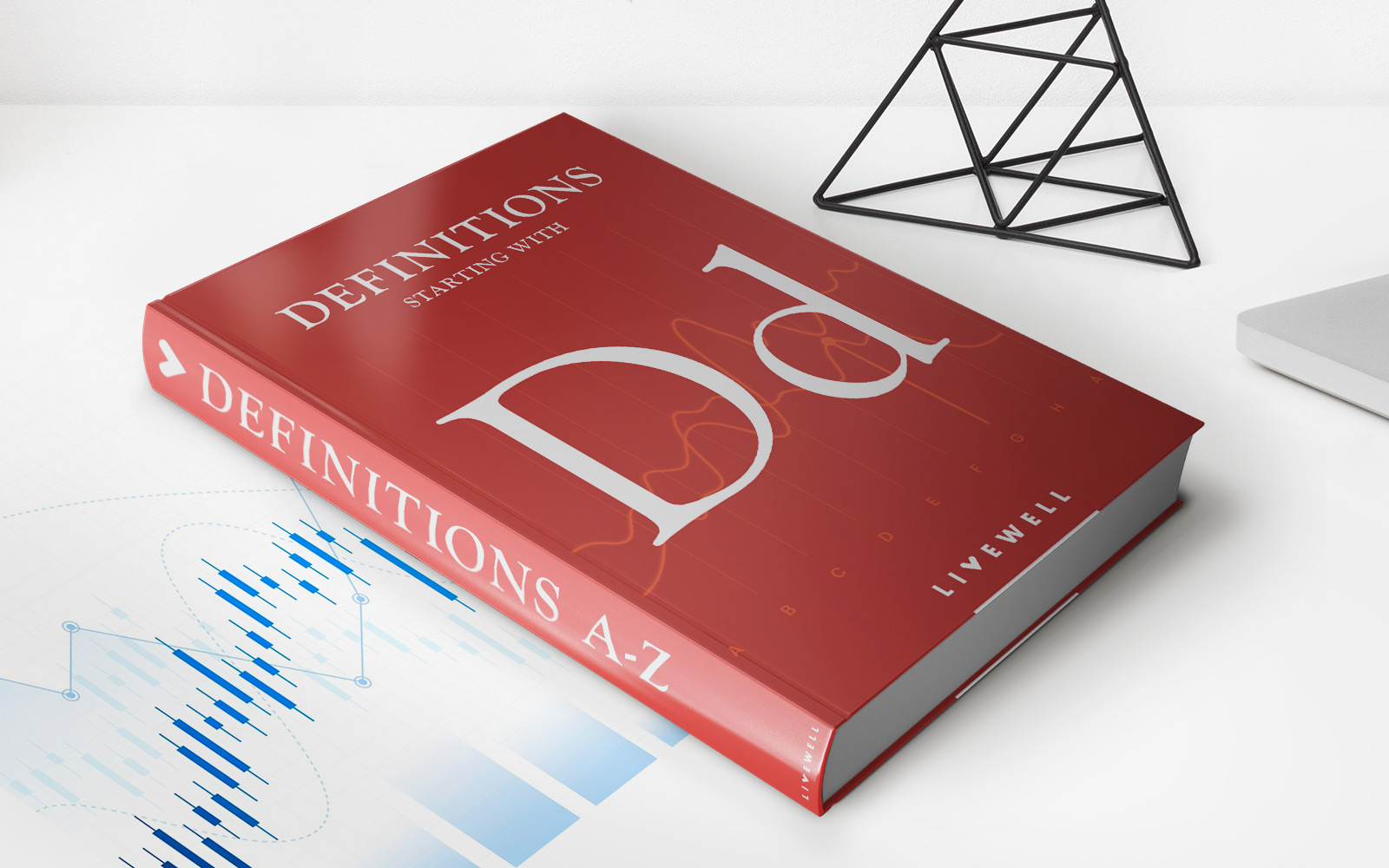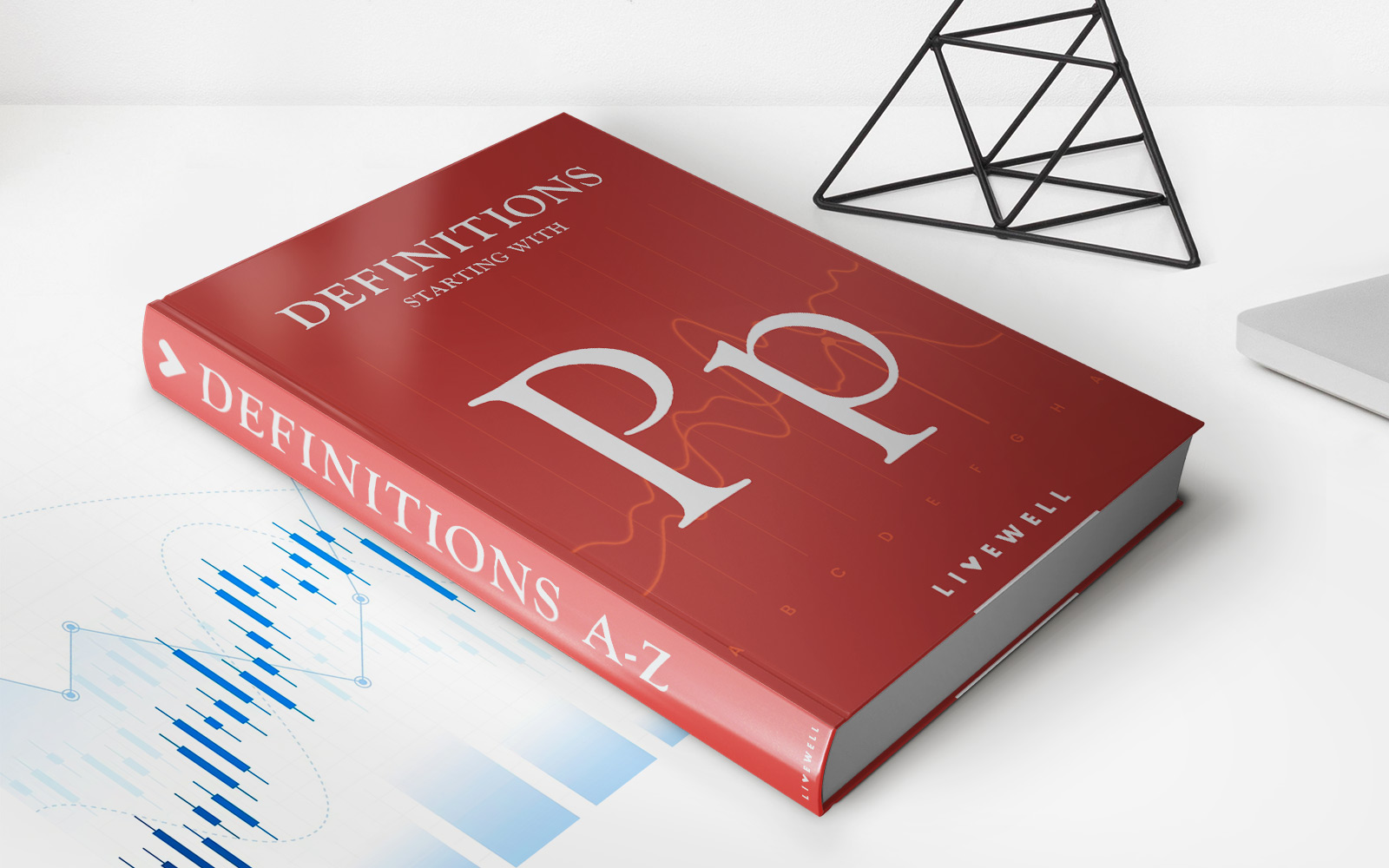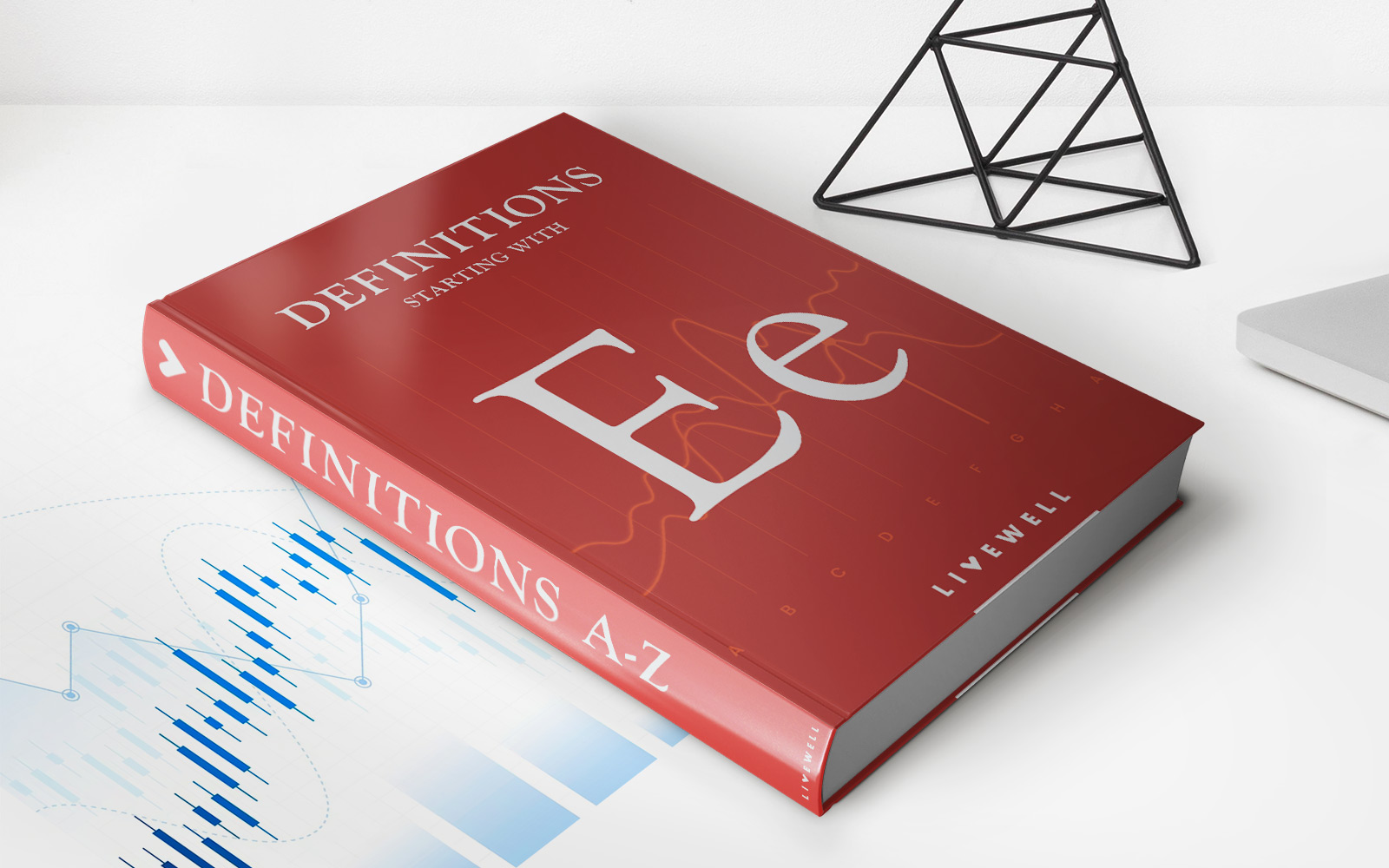Home>Finance>Agency Theory: Definition, Examples Of Relationships, And Disputes
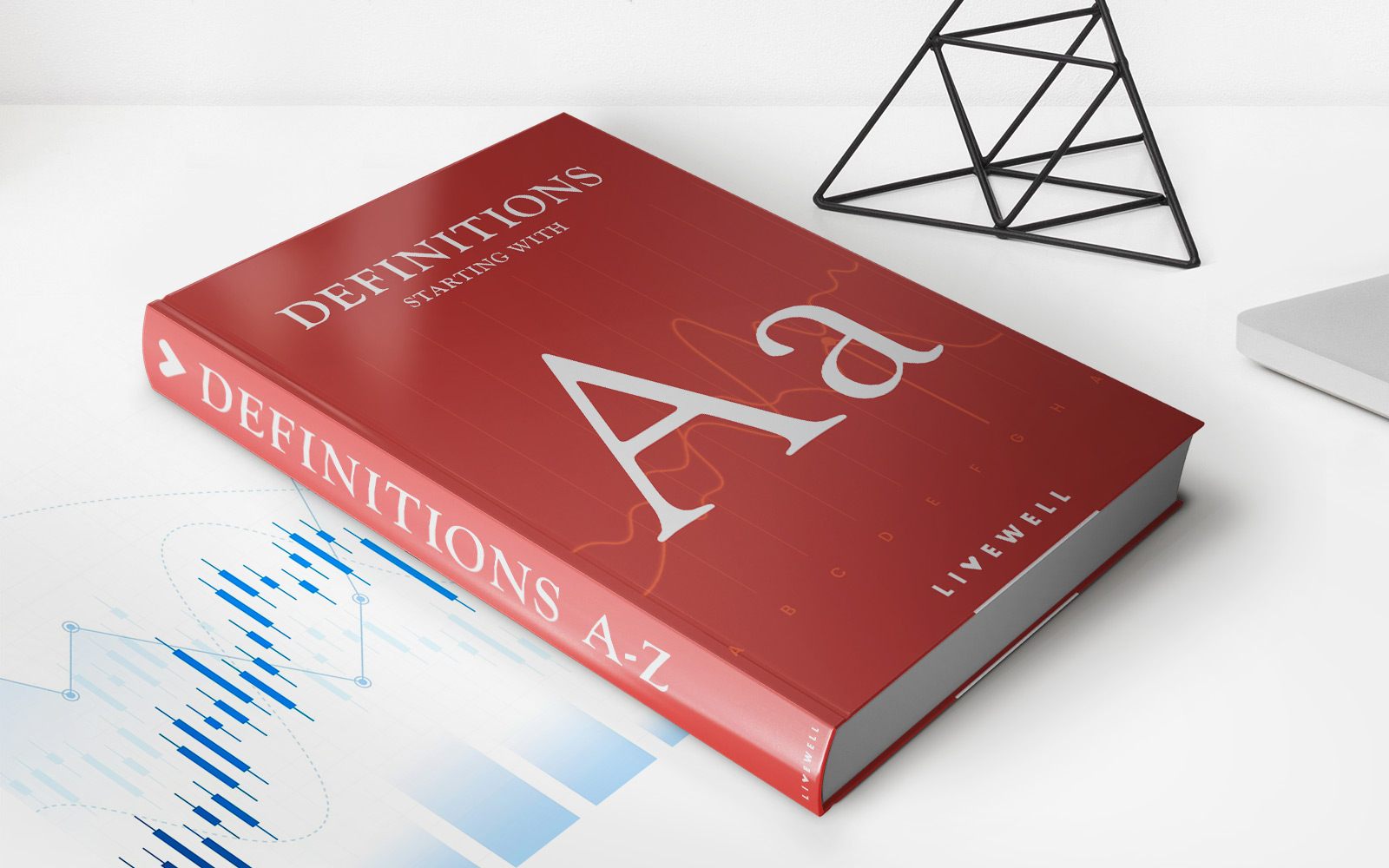

Finance
Agency Theory: Definition, Examples Of Relationships, And Disputes
Published: October 4, 2023
Learn about agency theory in finance, including its definition, real-life examples of relationships, and common disputes that arise between agents and principals.
(Many of the links in this article redirect to a specific reviewed product. Your purchase of these products through affiliate links helps to generate commission for LiveWell, at no extra cost. Learn more)
What is Agency Theory?
When it comes to finance, understanding the power dynamics between decision-makers is crucial. Agency theory, a concept widely studied in the field, dives deep into the relationship between two parties: a principal and an agent. But what exactly is agency theory, and how does it affect financial transactions? In this blog post, we delve into the definition, examples of agency relationships, and common disputes that arise. Prepare to gain new insights into the world of finance!
Key Takeaways:
- Agency theory examines the relationship between a principal and an agent in a financial context.
- Principal-agent relationships can be found in various settings, such as business, investments, and loans.
Understanding Agency Theory
Agency theory is a framework that highlights the complex interactions between principals and agents in financial decision-making processes. In this relationship, the principal delegates decision-making authority to the agent, but a misalignment of interests often arises. As agents make decisions on behalf of the principal, they may be inclined to prioritize their own welfare over that of the principal.
Examples of Agency Relationships
Now that we have a grasp of agency theory, let’s explore some common examples of relationships governed by this theory:
- Business and Corporate Governance: In many publicly-traded companies, shareholders act as principals, entrusting managerial decisions to executives who act as agents. However, conflicts may arise when executives prioritize personal gain over shareholder value.
- Investment Management: When individuals entrust their funds to investment managers, they become principals, while the investment managers act as agents. The challenge here lies in ensuring that the investment managers make decisions aligned with the best interests of their clients.
- Lending Agreements: In the realm of finance, banks and lenders serve as principals, and borrowers are agents. Monitoring borrower behavior and ensuring repayment becomes crucial in maintaining a healthy principal-agent relationship.
Disputes in Agency Relationships
Agency relationships often give rise to disputes due to conflicting interests and information asymmetry between the principal and agent. Some common disputes include:
- Moral Hazard: When agents are shielded from the full consequences of their decisions, they may take excessive risks, knowing that the principal will bear the burden.
- Adverse Selection: In situations where the principal lacks complete information about the agent’s abilities or intentions, they may face the risk of selecting an agent with ulterior motives or inadequate skills.
- Shirking: Agents may engage in shirking behavior, exhibiting reduced effort or engaging in activities that deviate from the principal’s objectives.
Conclusion
Understanding agency theory provides valuable insights into the dynamics of financial decision-making. By recognizing the challenges and disputes that arise in principal-agent relationships, individuals and businesses can better navigate and mitigate potential risks. Whether it’s corporate governance, investment management, or lending agreements, agency theory sheds light on the intricacies of finance. Remember, a strong grasp of agency theory equips you with the knowledge to make informed decisions in an ever-evolving financial landscape!

